It’s widely accepted that there are five stages of addiction recovery, starting with the pre-contemplation stage and ending with the maintenance stage. Each stage plays a crucial role in the process of overcoming addiction and achieving long-term recovery. For those in either stage of addiction, it can be helpful to understand what each stage entails, how to know which stage you’re in, and what to expect as you progress through the stages.
1. Pre-contemplation Stage
This is the first stage of addiction recovery, where an individual has not yet recognized or acknowledged that they have a problem with substance abuse. In this stage, individuals may exhibit signs including:
- Continuing to use substances despite negative consequences
- Denial of the severity or impact of their substance abuse
- Continued legal issues
- Negatively impacted school or work
- Worsening physical and mental health
Unfortunately, there is little that can be done to convince someone to actively make a change during the pre-contemplation stage without strife. However, the best thing to do is focus on harm-reduction strategies during this stage. Doing so ensures their safety while also providing a supportive and safe environment.
2. Contemplation Stage
During the contemplation stage, individuals start to recognize that they have a problem with substance abuse and begin considering making a change. This stage is characterized by ambivalence, as individuals may feel pulled between wanting to continue using substances and wanting to stop. Signs of this stage include:
- Acknowledgment of negative consequences
- Realization that help may be needed
- Thoughts about quitting or reducing substance use
- Pros and cons weighing regarding substance abuse
- Fear or anxiety about quitting
In this stage, individuals may benefit from support and encouragement to seek help. However, it’s never a good idea to pressure someone into taking action before they are ready. Instead, providing resources and information on treatment options can be helpful in guiding them towards the next stage of change.
3. Preparation Stage
During the preparation stage, individuals have made a decision to change their substance use and are actively planning to do so. This may include:
- Setting a quit date
- Seeking out support from friends or professionals
- Making necessary arrangements for treatment or therapy
- Learning coping skills to manage cravings and triggers
This is a crucial stage where individuals may need additional guidance and support in order to successfully make a change. As loved ones, it’s important to continue being supportive and encouraging while also respecting their choices.
In addition, be aware that people might change between preparation to action or even revert back to the pre-contemplation stage multiple times before ultimately reaching success. Showing support means meeting people where they are, no matter what stage of recovery, including the first three stages.
4. Action Stage
The action stage is where individuals take concrete steps towards changing their substance use. This may include:
- Attending therapy or counseling sessions
- Participating in support groups or recovery programs
- Enrolling in inpatient treatment
- Making lifestyle changes to reduce triggers and cravings
- Stopping substance use
While the action stage can be exciting, it can also be incredibly difficult physically and mentally. Physical symptoms of withdrawal, such as nausea, vomiting, and sweating, may occur during this stage. It’s important to support individuals by offering encouragement and more hands-on resources.
Medical detoxification, for instance, provides a safe and comfortable environment for individuals to go through the withdrawal process. Inpatient treatment can also allow individuals to focus solely on their recovery without outside distractions.
5. Maintenance Stage
The maintenance stage is where individuals work on maintaining their sobriety and preventing relapse. This stage requires ongoing effort and commitment, as well as continued support from friends, therapists, medical, and mental health providers. Actions people might take during the maintenance stage include:
- Continuing therapy or counseling sessions
- Attending support group meetings
- Enrolling in outpatient treatment or sober living
- Practicing self-care strategies
- Building and using a strong support network
The maintenance stage is prone to increased relapses, but individuals who have a strong support system and use effective strategies to cope with triggers and cravings are more likely to maintain their sobriety. It’s essential for friends and family members to continue offering support and understanding during this stage, as recovery is an ongoing, life-long process.
Get Guidance Every Step of the Way
Tranquility Recovery KY is excited to join you on your recovery journey, no matter what stage of the process you are in. At our addiction treatment center in KY, we offer individualized care and support, dual-diagnosis treatment, intensive outpatient programs, and other resources to help individuals struggling with substance abuse.
Recovery can be a challenging journey, but with the right support and resources, it is possible. Don’t let fear or doubts hold you back from reaching out for help. Contact Tranquility Recovery KY today and take the first step towards a brighter future.


